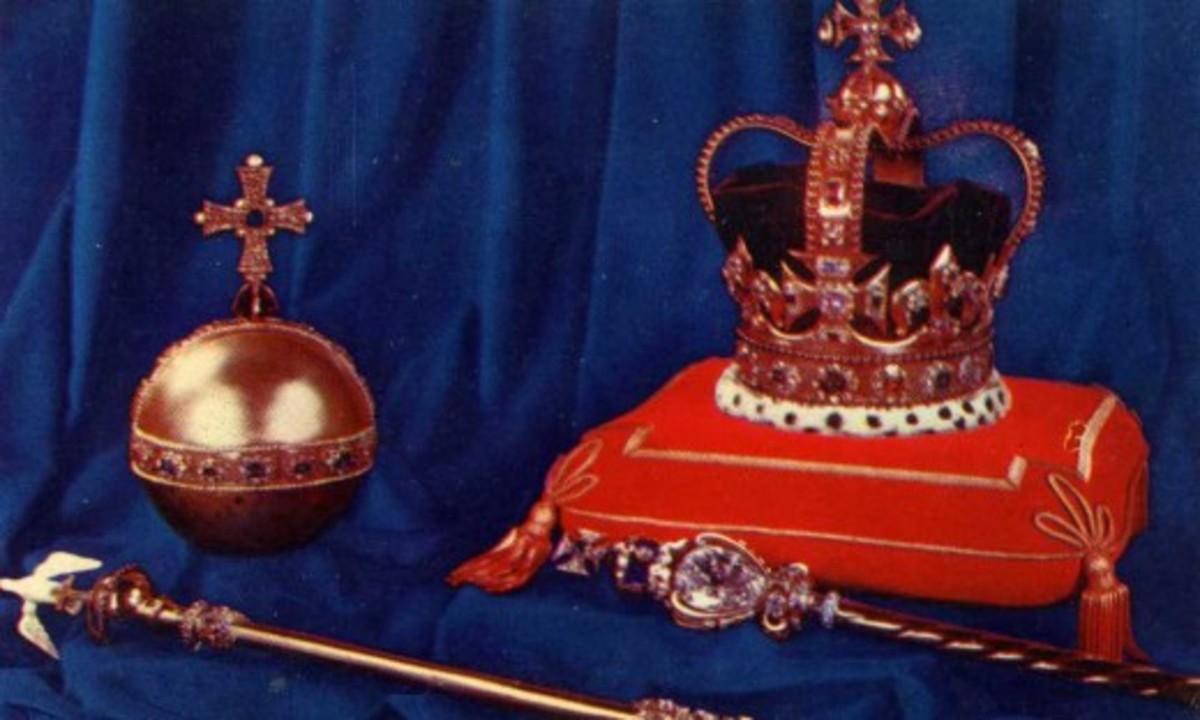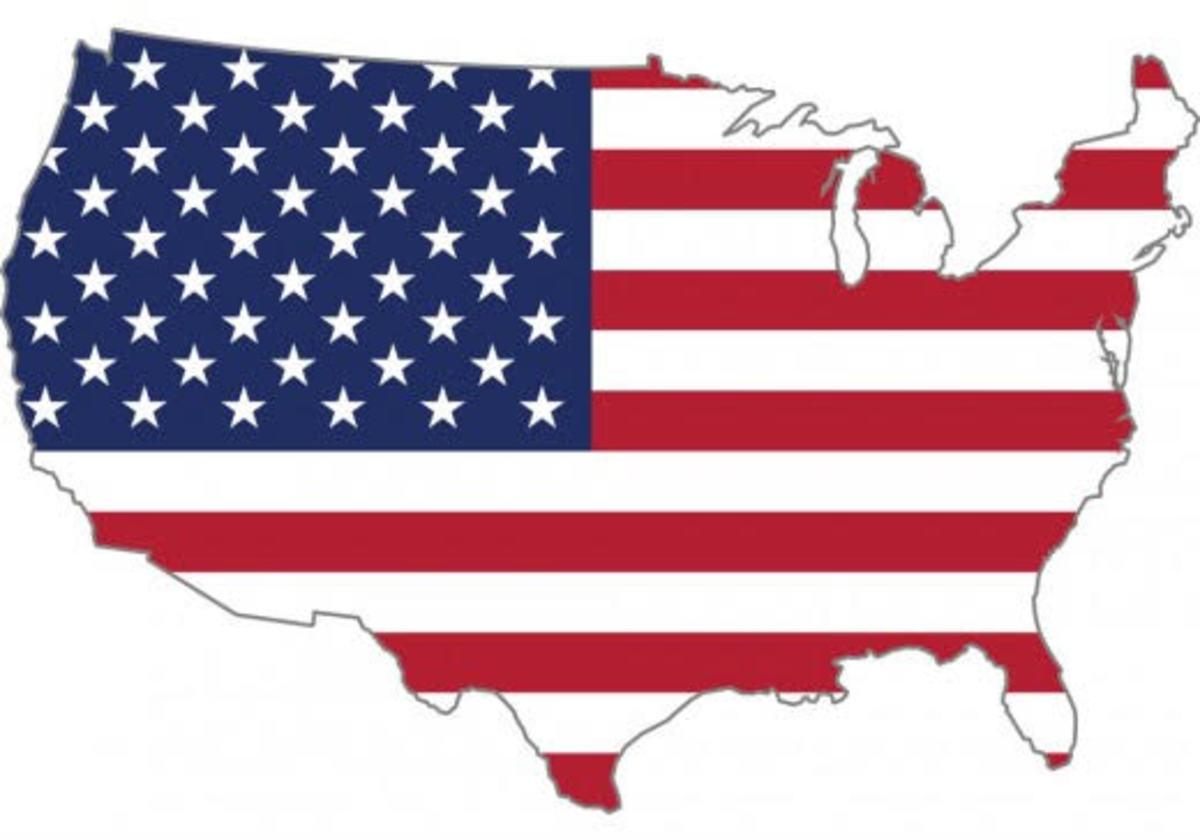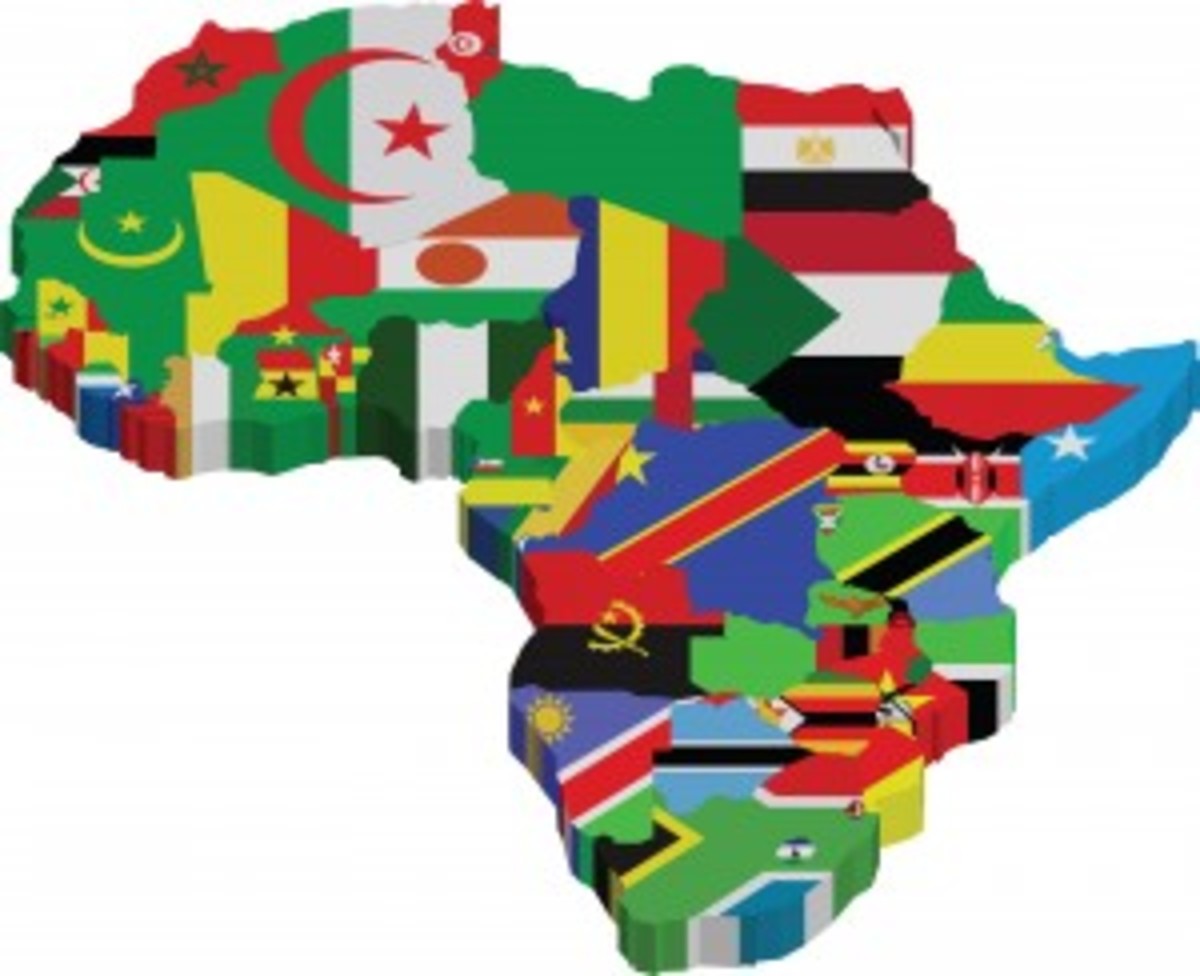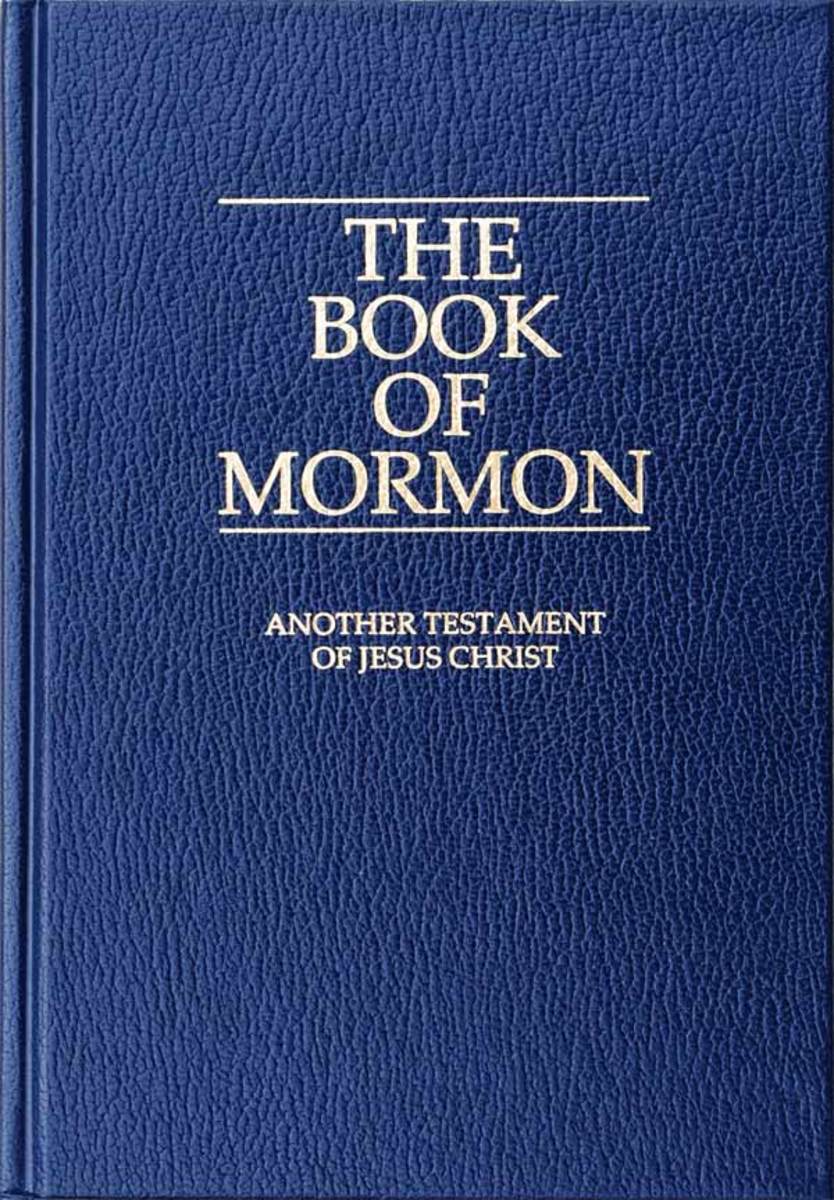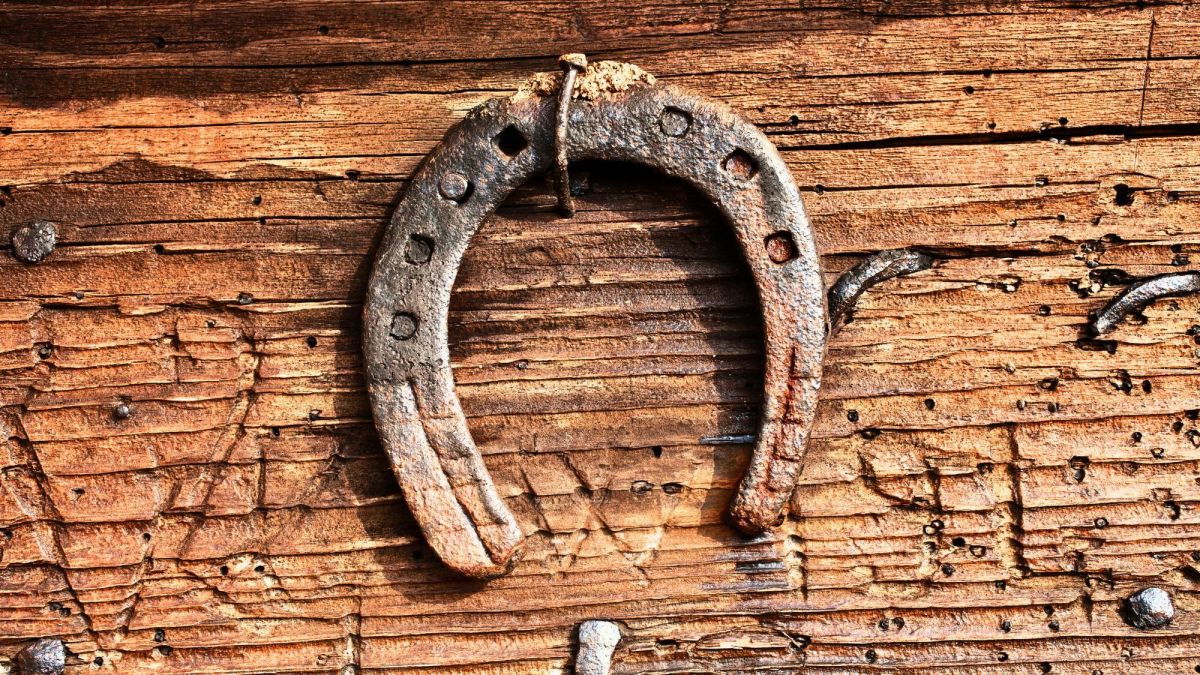Ancient Nephite Governments in the Book of Mormon: Theocracy, Covenant, and the God of the Land (Article Three)
Nephite Political Systems in the Book of Mormon: From Theocracy to Tribal Confederation
n ancient America, the Nephite society transitioned through several types of governments, with only one of them relatable to the republicanism of the United States—though it is a political stretch to do so. That resemblance occurs during what the record calls the Reign of Judges, where the last king, Mosiah, used the decrees of the previous centuries of kings to form the core of Nephite governance. The U.S.A.’s core of governance is the Constitution.
The freedom and liberty referred to in The Book of Mormon: Another Testament of Jesus Christ center around preventing harm to Nephite families and communities and preserving the right to worship God according to the desires of the people. The republicanism of the United States supports a list of rights—the Bill of Rights.
As Noel B. Reynolds of BYU explained in his work Government and Legal History in the Book of Mormon:
The Nephites were ruled by hereditary kings from 550 to 91 B.C., when the rule changed to a reign of judges. After the coming of Christ, two centuries of peace under the government of His Church were followed by a breakdown of society into tribal units and finally by the destruction of the Nephites. (para. 2)
Where Reynolds conducted an academic study of the types of governments for the entire record of The Book of Mormon: Another Testament of Jesus Christ, this article focuses on the Nephite society in particular.
Reynolds’s overview of Nephite governance highlights four broad stages:
-
Hereditary Kings (from about 550 to 91 B.C.)
-
Reign of Judges after Mosiah abolished the kingship—where governance was shaped by judges applying the laws left by previous kings
-
Government of Christ’s Church after His visitation—a theocratic model of direct spiritual rulership
-
Tribal Confederation following societal breakdown post-peace, leading to Nephite destruction
While Reynolds doesn’t label these as formal “governmental types,” his summary naturally aligns with the categories I discuss here, with the Theocracy encompassing both the early tribal phase under God’s direction and the ecclesiocracy during the Church’s reign. I focus on Nephite governance and exclude the other groups in this series, namely the Lamanites, Jaredites, and other groups mentioned in the record.
From Reynolds’s description, I identify four major governmental types among the Nephites, one of which is divided into three subcategories:
-
Theocracy
-
Patriarchal Theocracy
-
Theocratic Protectorate
-
Ecclesiocracy or Organizational Theocracy
-
-
Monarchy
-
Hereditary Succession “Democracy”
-
Tribal Federation (or Confederation)
Each of these government types provided different protections to Nephite citizens and served a purpose for the people regarding their religious and civil liberties. The three divisions of the Theocracy—Patriarchal Theocracy, Theocratic Protectorate, and Ecclesiocracy or Organizational Theocracy—are discussed here.
Rejecting the God of the Land: How the Nephites Voted Themselves Into Destruction
Voting God Out
Members of The Church of Jesus Christ of Latter-day Saints and other supporters of The Book of Mormon: Another Testament of Jesus Christ believe that somewhere upon the American continents, the Nephite nation existed before they were destroyed as a people.
The majority of the Nephites chose to go counter to the commandments of God by rejecting Jesus Christ, even though several prophets pronounced a blessing and a cursing on the land.
The blessing/cursing is that any nation occupying the soil must worship the God of the land or be removed.
The God of the lands of the Americas is Jesus Christ. Indeed, He is the God of the entire universe, but ancient prophets revealed a special claim upon the Americas. Nephi chronicles in his record that God referred to the Americas specifically when He said, “it is a choice land … above all other lands, wherefore I will have all men that dwell thereon … worship me” [2 Nephi 10:19]. The reference not only applies to the United States of America, but possibly to Mexico, Canada, Greenland, and every other nation in the Americas—North and South America.

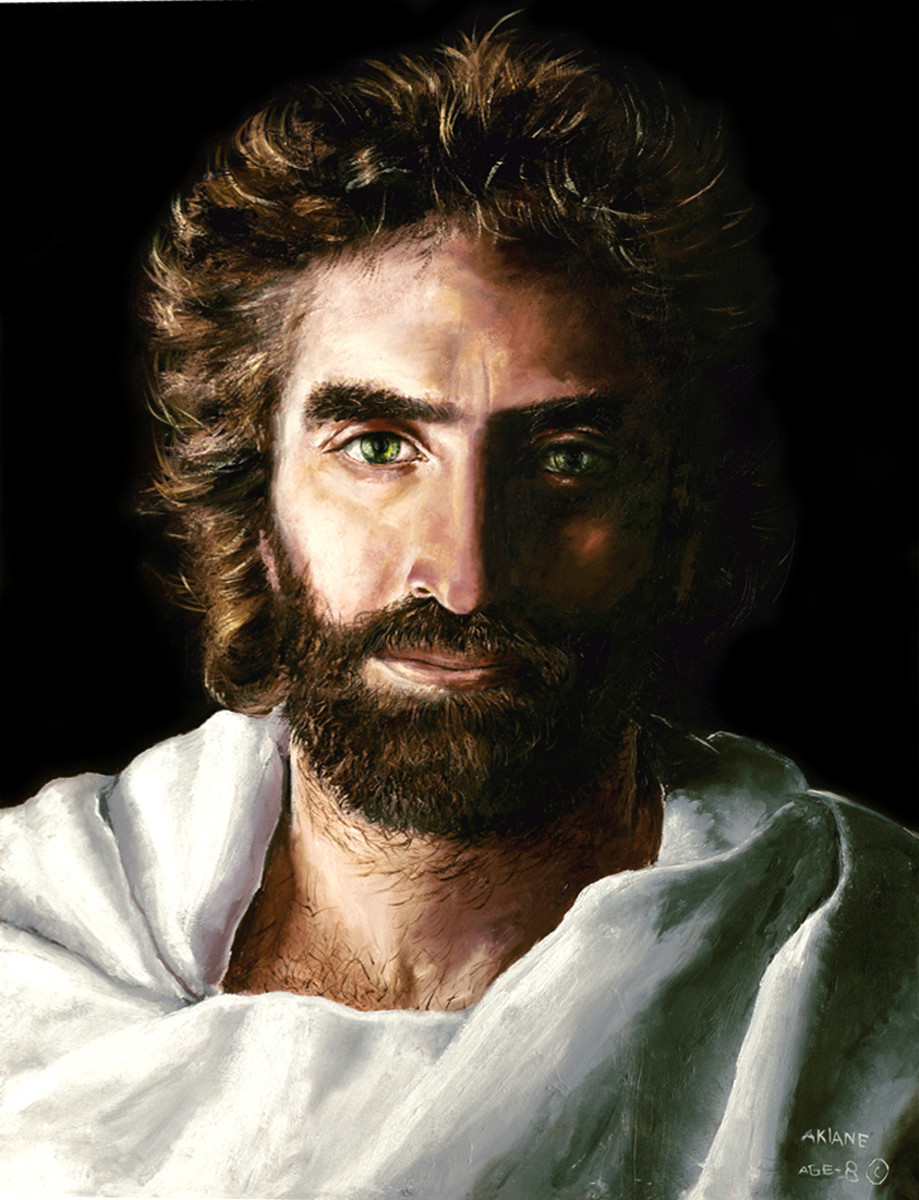
Jesus is the God of America and the whole Earth!
Every power in the Americas where the people decide to reject Jesus Christ fails economically, has rampant poverty, pervasive crime, abysmal dictatorial leadership, or utter destruction. Countries in the Americas that reject religious liberties—such as Cuba and Nicaragua—tend to fare poorly in prosperity and well-being. In the Legatum Prosperity Index, which ranks 167 countries worldwide based on economic strength, governance, freedoms, and quality of life, Cuba ranks 104th and Nicaragua 114th, placing both in the bottom third of nations. This correlation between spiritual rejection and societal decline stands as a modern witness to the ancient covenant of the land.
One important aspect of the Gospel of Jesus Christ is the mandate to allow all people to worship what they may as long as that practice does not infringe upon the rights of other people to worship. When the governments of any nation restrict the religious liberties of its citizens, they incur divine wrath—especially so in the Americas.
Behold, this is a choice land, and whatsoever nation shall possess it shall be free from bondage, and from captivity, and from all other nations under heaven, if they will but serve the God of the land, who is Jesus Christ, who hath been manifested by the things which we have written. [Ether 2:12]
Jesus set the Americas apart as a choice land, though He still created all the world. In a farewell address before departing out of the national seat as Chief Judge of the nation in the city of Zarahemla, Alma stated:
Thus saith the Lord God—Cursed shall be the land, yea, this land, unto every nation, kindred, tongue, and people, unto destruction, which do wickedly, when they are fully ripe; and as I have said so shall it be; for this is the cursing and the blessing of God upon the land, for the Lord cannot look upon sin with the least degree of allowance. [Alma 45:16]
With the prominence that the Americas have in the world, specifically the United States of America, the Lord wanted it to be a shining example of religious freedom to the world. With the imperfection of humanity that lives in the States, the ideas, laws, and protections safeguarding religion make America such a choice land. Other nations that model their acceptance of religious freedom after the U.S. can expect prosperity.
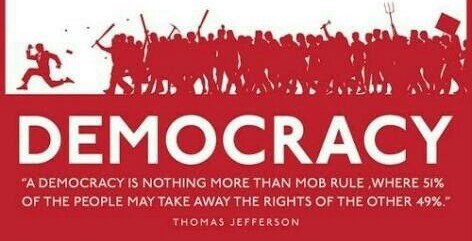
The Voice of the People: Nephite Democracy’s Rise and Fall in The Book of Mormon
The deciding factor in a democracy is one vote for a permanent change to take effect. Democracies—true democracies—are potentially very dangerous because, in their purest form, they depend entirely on the will of the majority, even when that will turns against God.
King Mosiah teaches in The Book of Mormon that the voice or vote of the people determined what direction any democratic society took, though he referred to Nephite society when expressing that sentiment. Usually, he instructed, the majority of the people do not choose any action that is wrong. But on the occasions that they do, divine judgment is executed [Mosiah 29:26].
It took almost 400 years for the deed to occur, but the Nephites eventually rejected Christ and failed. Firstly, their government transformed to allow the people to have a voice in its function. The voice they executed—or the power they wielded—did not compare to the voting powers of the democracies currently occupying the Americas. They could not lobby for laws; their government was not authorized to elect representatives. For this reason, it was a faux-democracy—a system that mimicked the people’s voice but withheld the broader powers of legislation and representation that modern republics or democracies possess.
Serendipitously, they had rulers who judged their lives based on ancient laws. Why serendipity? The majority of people appreciated the limited involvement afforded them. Only those desiring to be kings seemed ever displeased with their limited freedom. Their singular vote occurred when deciding which of the sons of a former judge would be the next chief judge.
Over time, the timeline of decline became clear: they destroyed the 121-year-old faux-democracy; they murdered the 200-year peace under the ecclesiocracy; they committed adultery against the God of the Americas; and, at last, they found extinction as a people and a nation. The Church Jesus established vanished.
Worshiping the God of the Land: Christianity Beyond Name in the Americas
It goes deeper than the majority vote in each nation deciding to favor Christianity. In fact, there is no stipulation that the people of the nation need to mostly be Christian. What brings the curse upon the lands in America is not the political aspect of associating with a religious group in name, but the association in lifestyle—that is, actually living by the commandments of God.
If the majority of the people in any American nation espouse His commandments, be whatever religion they will, they are worshiping the God of the land.
What that means is if they are taking care of the poor and needy, they will prosper and honor God. If they are treating each other with respect and kindness, they are worshiping the God of the land.
This truth is not limited to professed Christians; scripture records blessings poured out upon entire peoples—such as the Ninevites in Jonah’s day—when they repented and lived righteously before Him.
Jesus Christ has stated through His prophets in ancient America and in the Old World:
And behold, I tell you these things that ye may learn wisdom; that ye may learn that when ye are in the service of your fellow beings ye are only in the service of your God. [Mosiah 2:17]
Owe no man any thing, but to love one another: for he that loveth another hath fulfilled the law. [Romans 13:8]
Love and Service: The Covenant Path to Prosperity in the Americas
The true test of a person’s devotion to God is how he treats his fellow being. The Book of Mormon’s purpose is to convince the Jew and Gentile that Jesus is the Christ and the Savior of the world. Reading from its pages about government and ideologies helps people to best decide how to curry favor with the Lord. It is by treating each other with love and respect.
Everything else falls into place after that, because in lands of covenant—like the Americas—the promise is sure: if the people serve the God of the land, they will prosper; if they reject Him, they will decline. From the reigns of Nephite kings and judges to the ecclesiocracy under Christ’s Church, history in the record confirms this unchanging pattern. Love and service are not only the measure of personal discipleship; they are the lifeblood of a nation seeking God’s protection and blessings.
Next
- True Democracy: Ancient Versus Modern America
Covenant God made with the inhabitants of the Americas ... United States, an inspired government makes it impossible to turn the people against religious freedom, almost.
Previous
- Ancient Nephite Governments in the Book of Mormon: Monarchy, Hereditary Judges, and Tribal Confedera
Explore the Nephite shift from monarchy to hereditary judges and finally tribal confederations in the Book of Mormon. Discover how these ancient governments balanced liberty, law, and faith—and what their rise and fall reveal for our day.
Resource
- Government and Legal History in the Book of Mormon,
Because the Book of Mormon focuses on religious themes, information about political and legal institutions appears only as background for the religious account.
This content is accurate and true to the best of the author’s knowledge and is not meant to substitute for formal and individualized advice from a qualified professional.
© 2018 Rodric Anthony Johnson

